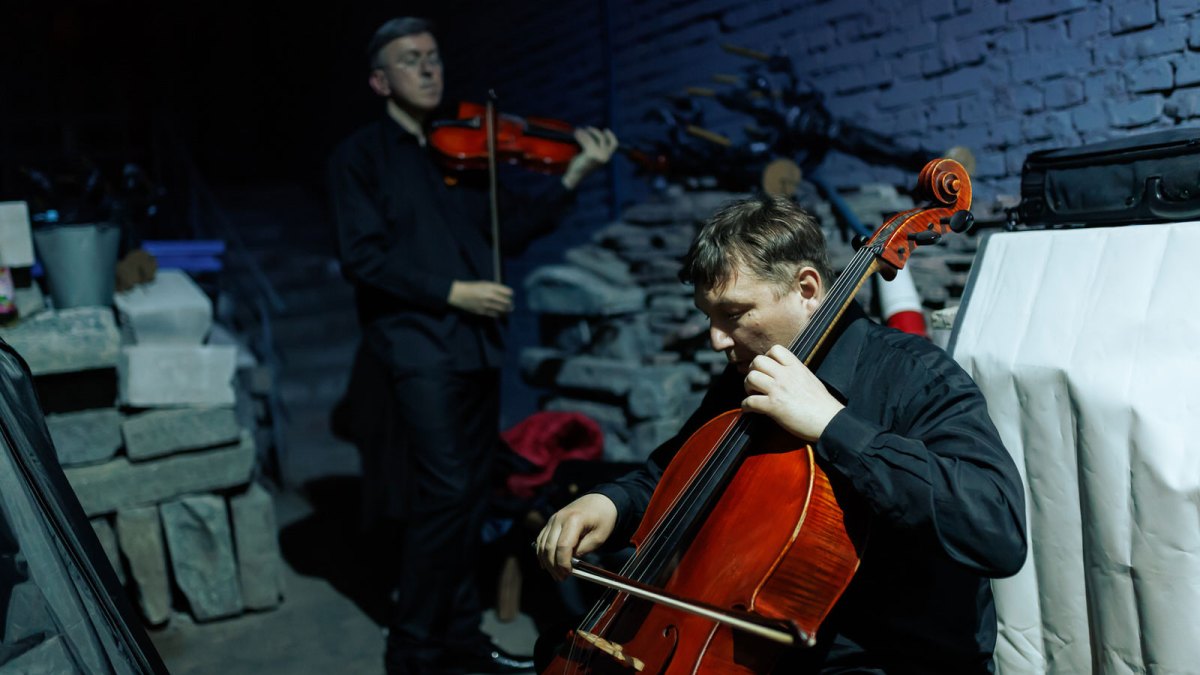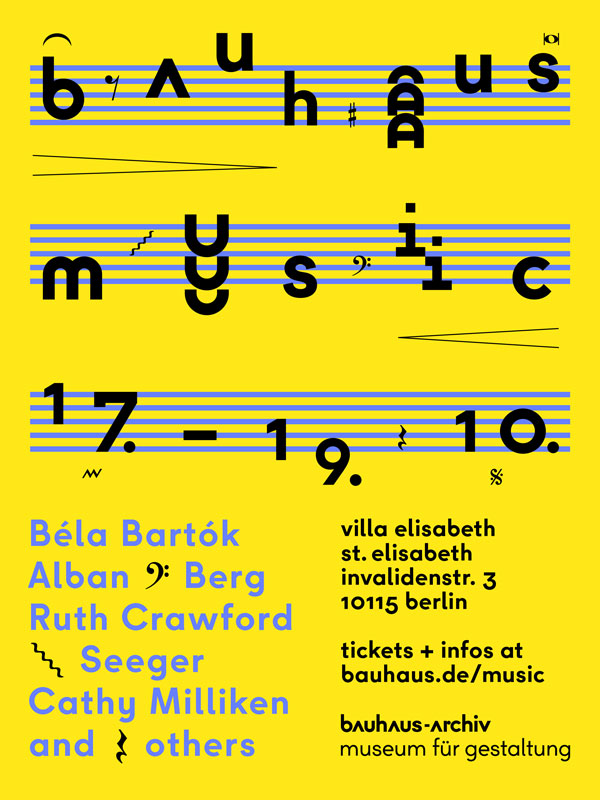For weeks, Kharkiv and the surrounding region has been under regular bombardment, but May 23, the day I arrived in the city, was an especially tragic occasion for our festival, KharkivMusicFest.
My train ride to Kharkiv from Chełm, southeast Poland, took almost 24 hours. The cars were crowded with passengers. In my compartment was a young girl, probably a student, and a middle-aged man in military uniform returning from leave abroad. In the city of Kovel an older woman got on, taking the last free spot in our compartment. From somewhere else we could hear a woman talking about all kinds of topics: the war, Russia and the Russians, recipes for dinner, prices for clothing. Based on how she was speaking, you could tell that she had recently switched from speaking Russian to speaking Ukrainian. The faster and more excitedly she spoke, the more Russian words she used, pronouncing them in a Ukrainian way.
The closer we got to Kharkiv, the quieter she got. The rest of us got quieter too. We read the news, following updates by the minute: “Third explosion in Kharkiv,” “Seventh explosion in the city, “Russians fire on train station in the city of Lyubotyn,” “Printing plant hit, resulting in deaths and injuries.” That last piece of news made me particularly uneasy, but I couldn’t find the courage to ask my colleagues if the story meant the Kharkiv printing plant.
We arrived at Lyubotyn station about half an hour after the bombardment. From the train, we could see the smashed glass of the station windows. Objects were strewn about. A deep silence reigned in the train car. It was broken by an attendant telling us to roll down the window blinds, which would protect us from breaking glass in case of shockwaves. The train kept moving. The woman from Kovel asked the man in the military uniform where she could find a bus or a taxi close to the train station in Kharkiv. “I’m not going to wait for my return ticket,” she said. “I’ll leave today, as soon as I’ve done what I have to do.”
The latest from VAN, delivered straight to your inbox
About 15 minutes later, just outside the city, we learned that more victims had been found in the printing plant. We also learned the name of the company: Factor Druk. My terrible fears had come true. In 2018, KharkivMusicFest launched under Factor Druk’s roof. The owner of the plant, the founder of “Vivat”—the publisher attached to it—and the founder our festival is one man: Serhiy Polituchiy.
A few minutes later, a member of our team met me at the end of the line. I asked her if we could go straight to the plant to help. She said it was no place for civilians. As we rode to our office, she explained to me how to react to which warnings. “If it’s a S-300 [surface-to-air missile], get to an air raid shelter if possible,” she explained. “If it’s a KAB [precision-guided bomb], it’s better to wait where you are. You can ignore the BM-21 [multiple rocket launcher]. That means artillery fire in the region, which doesn’t reach Kharkiv.”
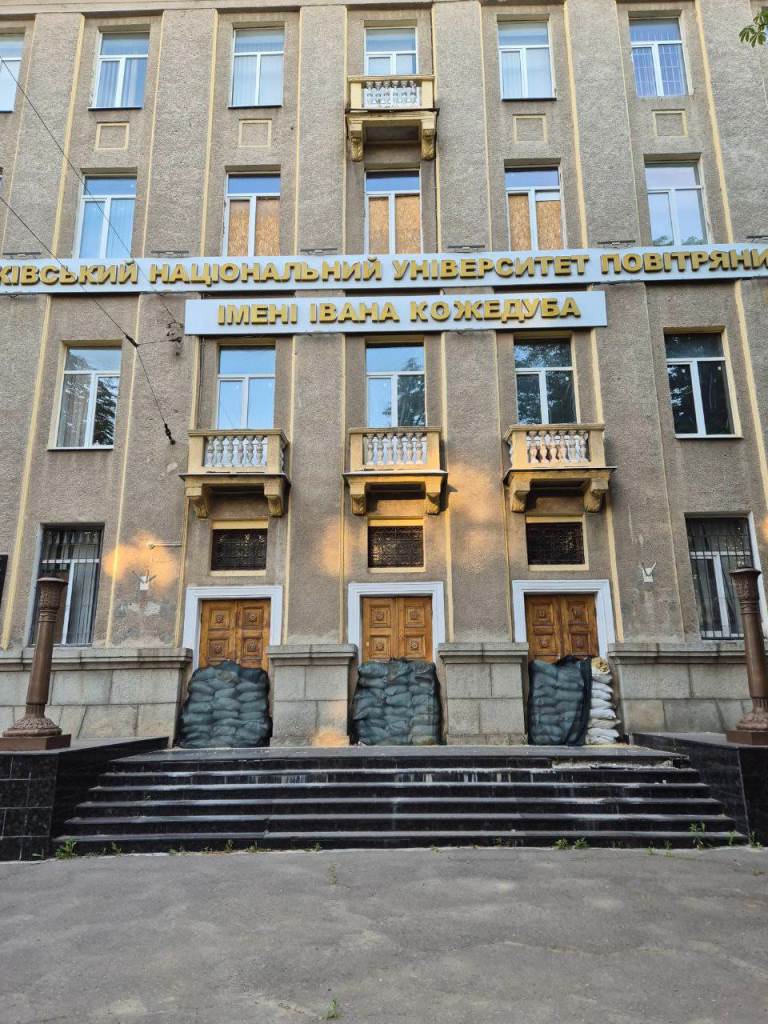
Ten minutes later, we arrived at our office. Polituchiy was there. His clothes were covered in stains and he smelled like smoke. He had just returned from the plant. Polituchiy got there before the firefighters arrived. (Emergency responders generally don’t come right away, waiting instead to avoid getting caught in a second or third bombardment in the same place.)
That was too late for many things and many people. There was no warning siren, since the attack used S-300 missiles, which are too fast. The missiles hit the victims at their workplaces. Seven were killed, dozens injured. Tens of thousands of yet-unprinted books were burned.
According to Russian propaganda, a drone storage facility was located underneath the printing plant.
Polituchiy was as active and alert as ever, though May 23, 2024 had probably been the worst day of his life. He invited us to go to his place and stay there for a while. “If we have to die,” he joked, “we might as well die together.”
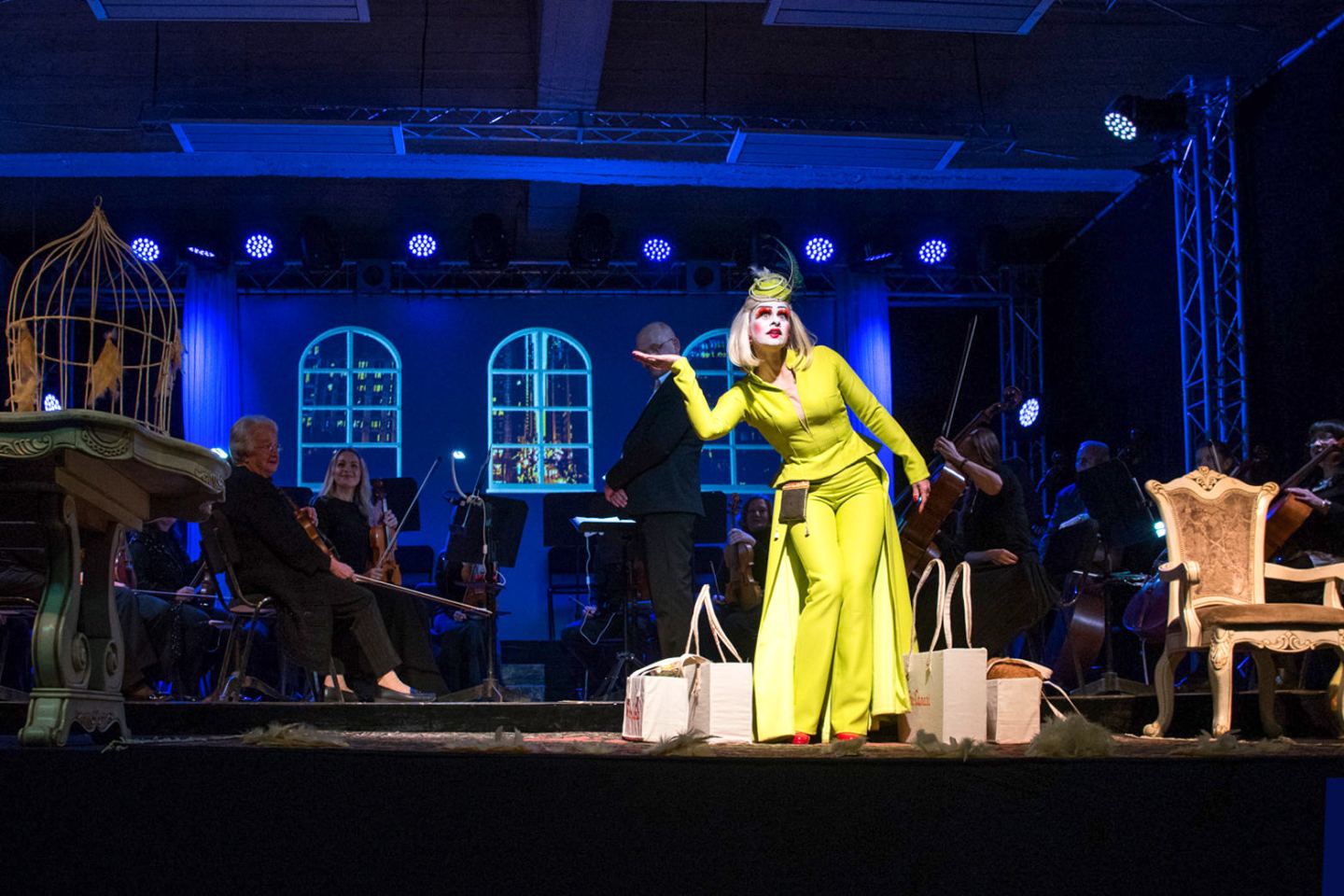
I spent ten intense days in Kharkiv. Despite the cruel accompaniment of war, I felt the glow of late spring, the hope of hundreds of thousands of people who, despite everything, were trying normal lives, and the joy of our festival.
May 24 was designated a day of mourning for the victims of the printing plant bombing, so we canceled our youth orchestra rehearsal. Technically, we only cancel concerts for days of mourning, but no one felt like rehearsing. (Besides, many parents weren’t letting their children out of the house.)
The rehearsals with the main Kharkiv Festival Orchestra went on as planned. The concert was scheduled for May 28 and united nearly 50 local musicians, as well as two bassoonists from Kyiv—since the invasion nobody has been able to find a bassoonist in Kharkiv. (We were supposed to have a tubist, too, but he was conscripted a few days before the start of rehearsals.)
It was the biggest orchestra project in Kharkiv for two and a half years. We performed works by two composers who both lived in Vienna but never met there: Brahms (the Symphony No. 2) and Sergei Bortkiewicz (the Violin Concerto, with Mykhailo Zakharov, a violinist born in Kharkiv who has lived in Austria for many years).
The Bortkiewicz Concerto is a real find. Composed in Kharkiv in 1915, though never played by an orchestra there, it is masterfully written and profound, unifying the styles of Western and Eastern Europe. The concert was like a homecoming for this music, which Bortkiewicz probably wrote in his house across from the Kharkiv Opera. We played it in the opera house’s bunker.
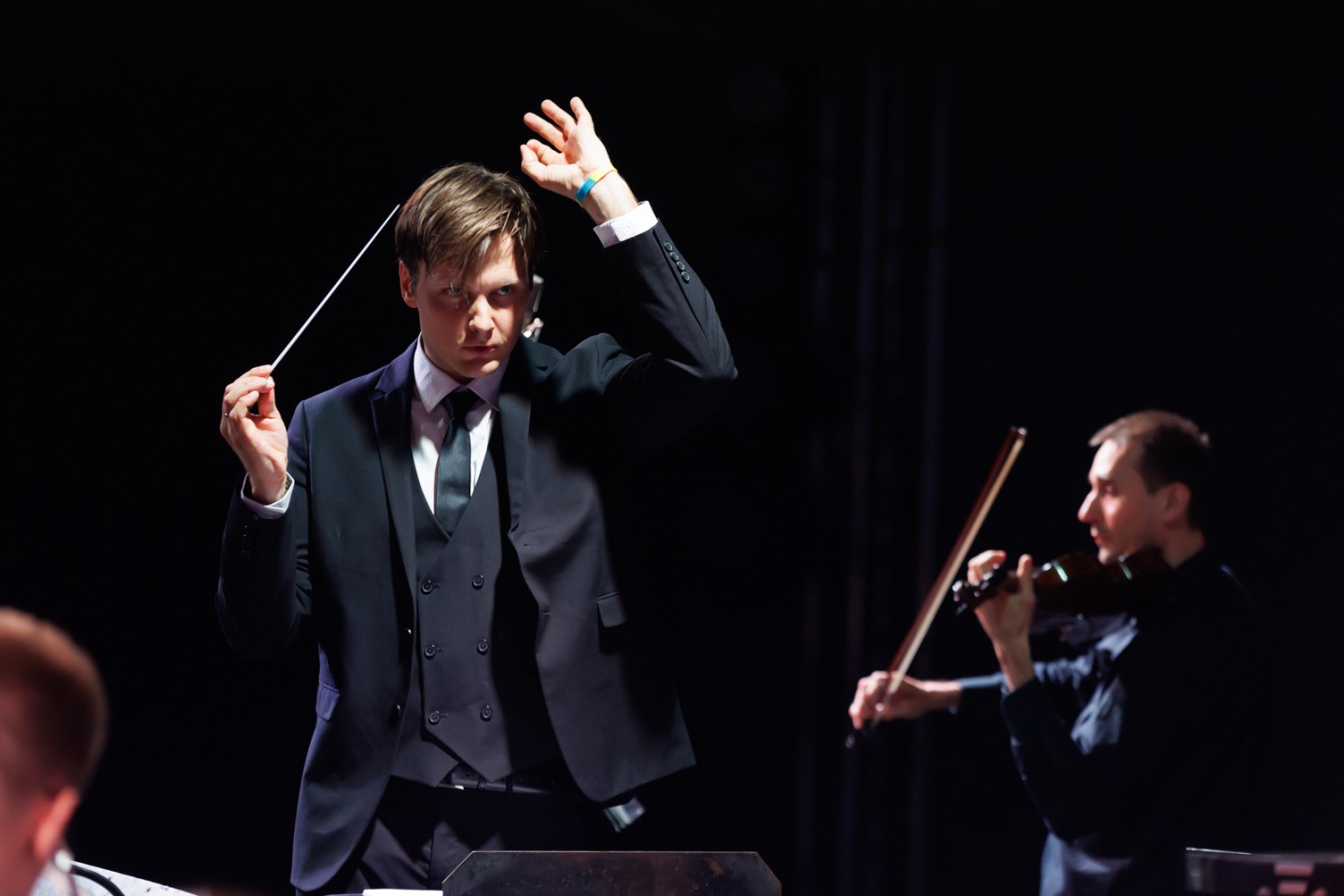
The rehearsals with the Festival Orchestra were productive, although the musicians’ levels varied widely: We had simply invited all the instrumentalists who still lived in Kharkiv. Sometimes we heard the air-raid sirens as we played. In response to my questioning looks, the musicians nodded briefly: “Let’s keep working.” The opera building was relatively safe, but nowhere in the city was really safe; it was better to concentrate on work.
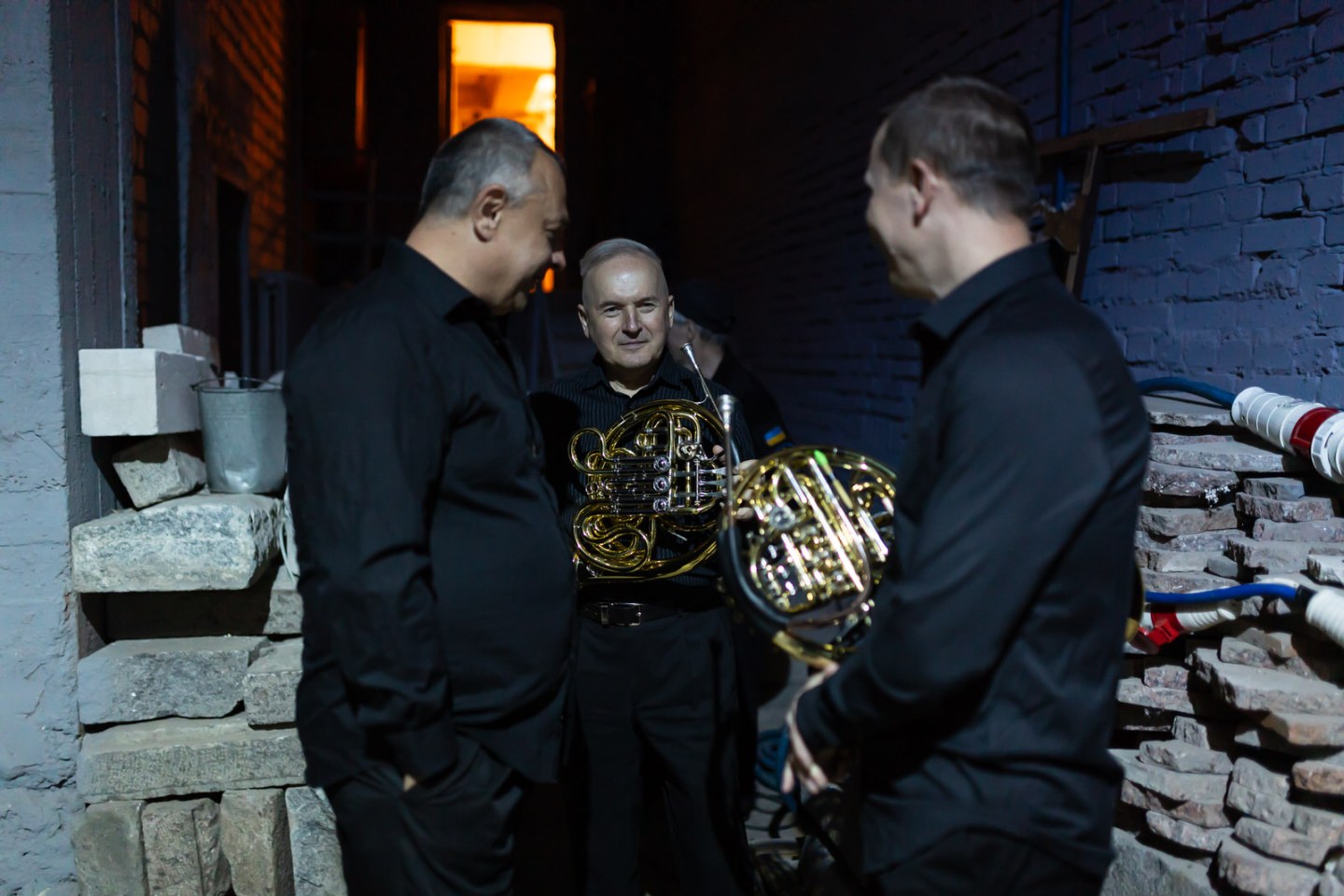
In the breaks, everyone checked their phones and read the military news updates. On the second day of rehearsal, while we were playing Brahms, the Russians bombed a shopping center called Epizentrum. 19 people were killed, including two children. According to Russian propaganda, the Ukrainian military was storing ammunition in the basement of the shopping center. Epizentrum didn’t have a basement.
At rehearsal the next day, during the first break, a married couple asked if they could leave to attend a funeral. (I couldn’t find the courage to ask who was being buried.) Of course, I agreed, and hoped I would see them at the dress rehearsal. I was taken aback when they returned a few hours later. Between the movements of the Brahms, they attended to their dead. Then, they got back to work.
After the tragedy—or, more accurately, the war crime perpetrated by the Russian Federation—at the Epizentrum, another day of mourning was called. It was the third this month, a terrible record for Kharkiv since the beginning of the war. My team and I kept wondering whether it would be appropriate to put on our festival given the circumstances. Polituchiy was in favor of continuing. “The Russians are trying to kill not just our population, but also our culture,” he said. “That makes it even more important that we don’t stop.” Besides, audiences were expressing great interest in our festival. They needed art. We had to go on.
A year had passed since my last visit to Kharkiv. In the meantime, the military situation has gotten worse, but people have adapted, creating more opportunities for the development of musical life. Large-scale events in regular concert halls remain prohibited. Most musical institutions either can’t perform or make do with smaller concerts. But a few months ago, the Kharkiv Opera, under director Ihor Tuluzov, created a concert bunker. Of all the bunkers it’s the one that most resembles a hall, with a stage, concert lighting, solid acoustics, and enough space for 300 people.
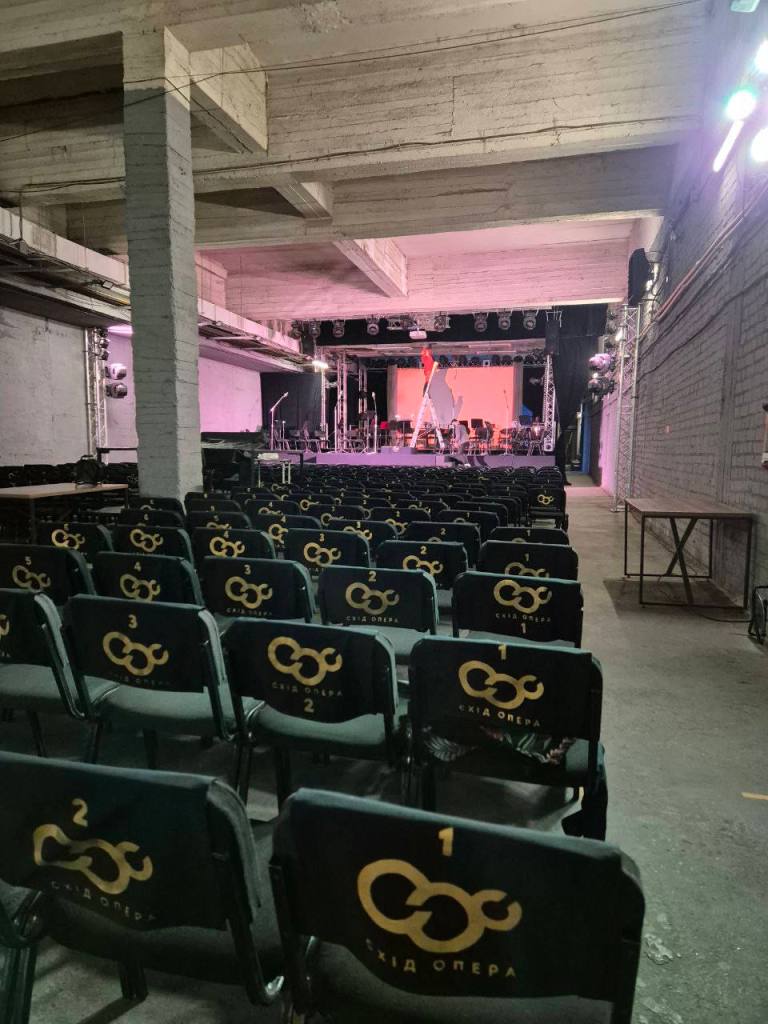
That allowed our festival to put on larger performances in a relatively safe space. For listeners it meant being able to put on their evening wear (although all the concerts took place in the late afternoon due to curfews), see people they knew, experience our ideas, enjoy the music, and take some deep breaths—if only for a few hours. After the concert on May 28, many listeners told me enthusiastically how impressed they were to finally hear the overwhelming sound of a full symphony orchestra.
During the concerts some were able to forget the horrors and return to normality. Others couldn’t hold back their tears and finally found some relief: They allowed themselves to feel. We received dozens of comments and words of thanks from the audience. The people who follow the festival from afar wrote: “I don’t understand! The city is being bombed, and in the evening there’s a wonderful concert!”
From April to May, we organized more than ten events: orchestra concerts, chamber music concerts, Baroque and educational concerts, and a series with Ukrainian music. In addition, the Festival for Children and Adults offered a series called the Art Therapy Days, which combined psychotherapy and music.
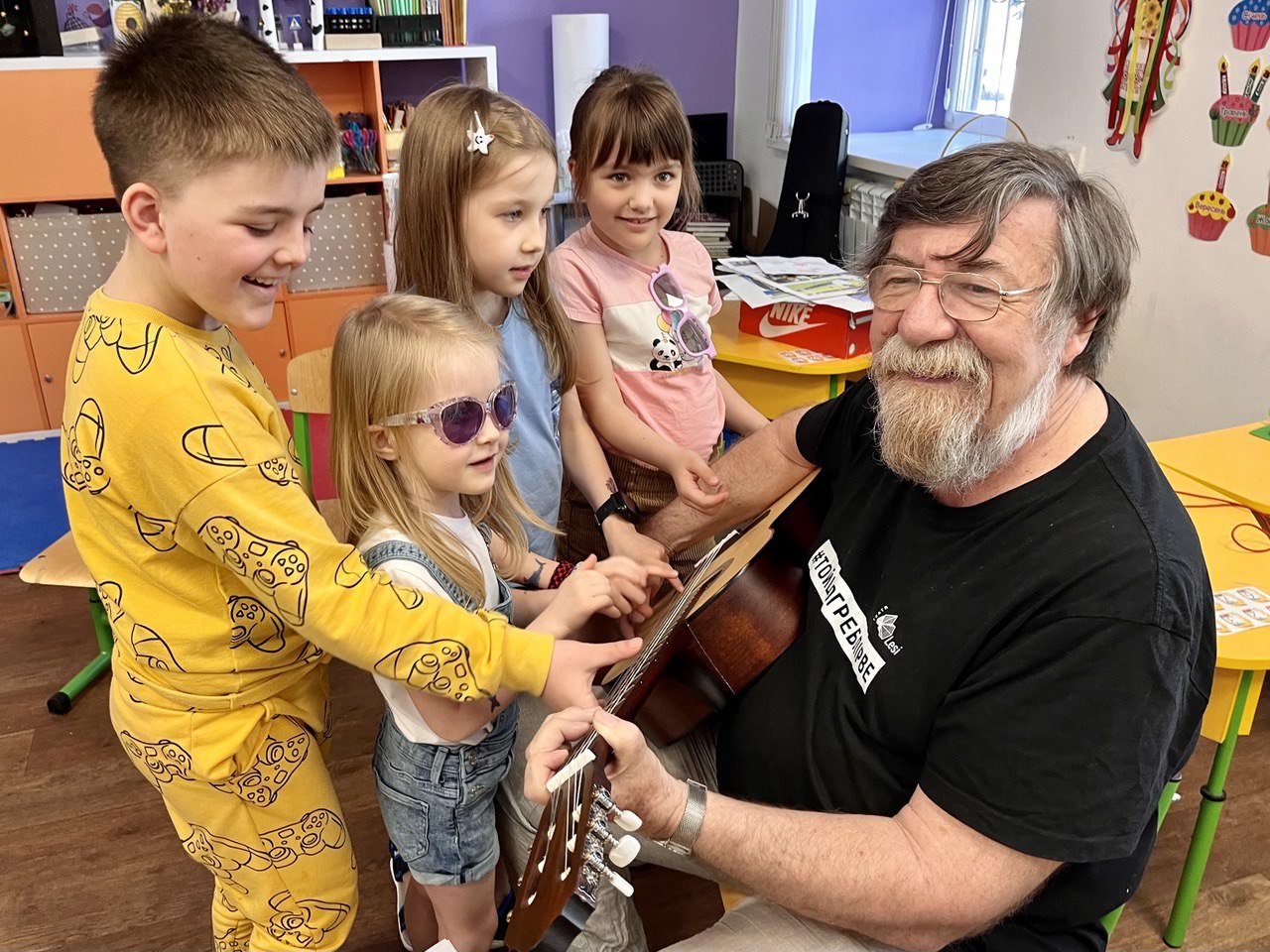
We introduced a format combining classical music and literature with a Ukrainian wine tasting, led by an experienced sommelier. All the events took place in the bunker, and all the events were fully booked. Admission was free, but you had to register in advance, and within a few hours every spot was gone. In each concert we felt the war, too: Either through nearby bombardments or military alarms—another record for Kharkiv: in one period, these alarms were in use for 12 hours straight—or electrical outages. We used portable generators or candles.
Not many artists come to Kharkiv. When they do, they stay for little more than half a day, like my fellow passenger from Kovel. Even people from Kyiv are often afraid. They look at our events as miracles, at the citizens of Kharkiv as heroes. Still, we managed to open the festival with a concert by the Camerata Kyiv, led by the Spanish conductor Roc Fargas. It’s difficult to imagine any orchestra playing two more contrasting venues than the Camerata Kyiv did: After performing in the bunker in Kharkiv, they played the same program in Carnegie Hall.
Many of the people who live in Kharkiv were kind enough to repeatedly emphasize how important it was that I came. Those conversations were always a little awkward for me, because they live there. My ten days were nothing compared to the nearly 1,000 days that have passed since the war broke out. Many people never left Kharkiv even for a day. One of those people is our director of programming, Julia Nikolaevska. She came up with the theme for this year’s festival: “Hear, listen, feel.” That theme applied not just to the musical offerings, but to the life of the city. “In these months, I realized how much the audience needed our festival, how much they’ve been missing those kinds of events. I’m happy we managed it, thanks to the coordinated efforts of many people,” she said. “And I feel like we’ve started treating each other differently during the war. We’ve started listening more closely to the people around us, feeling with them, and listening more closely to what’s going around us.” I’ve seen myself how people who were once sworn enemies became good acquaintances and even close friends in the two and a half years since the war started.
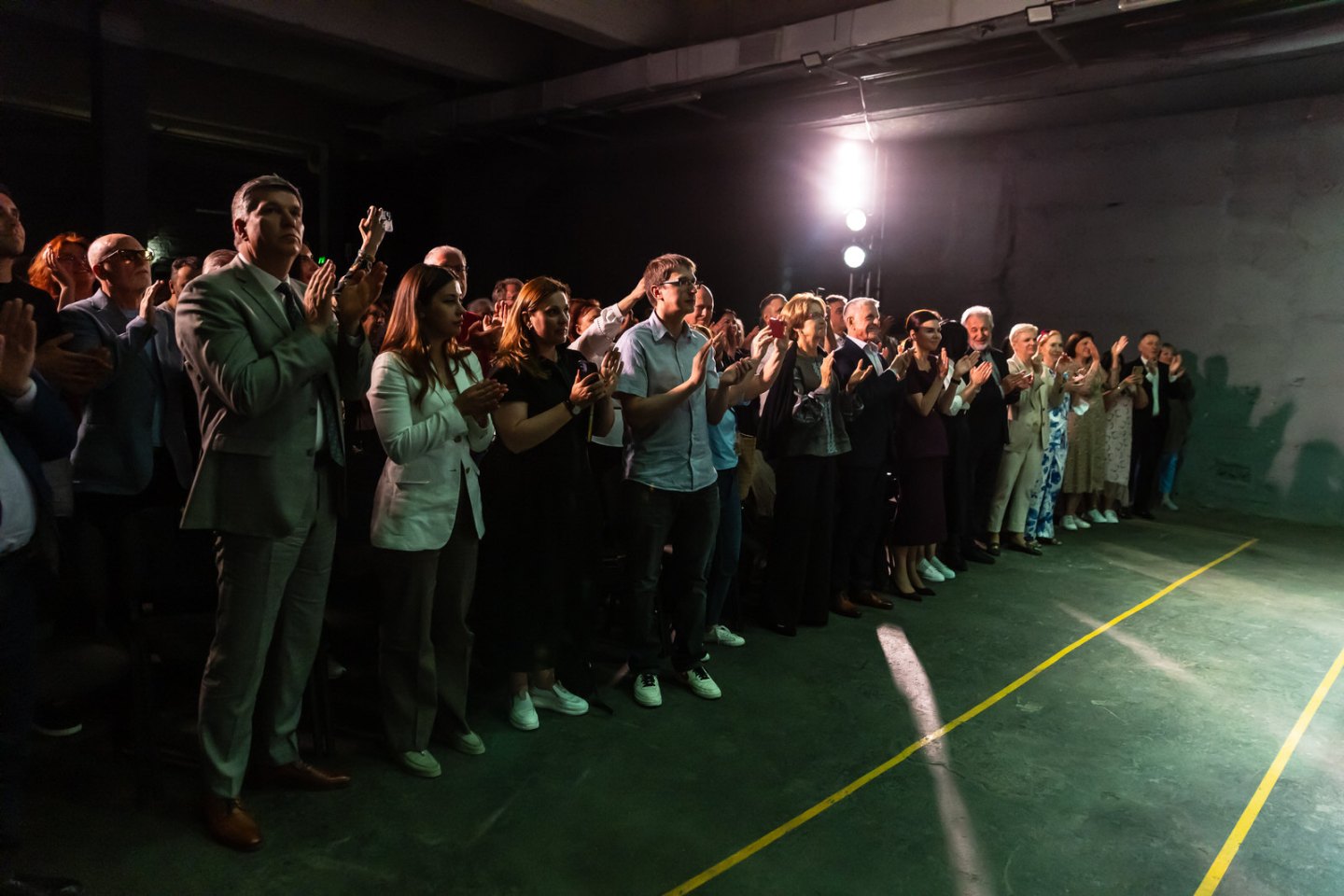
During my ten days in Kharkiv my hearing got very sharp. Besides the turbulent events of the days, it was impossible to relax completely in the nights. Like many others, I was woken up several nights by explosions: the second, fifth, eighth… After every one, I tried to guess if the bombs were coming closer to me, or going away in a diminuendo.
In the mornings we learned the number of the victims.
This year’s festival ended on May 31 with a special initiative: the youth orchestra, founded in 2019, met for the first time in two and a half years to play music together. These children and youth have spent nearly a quarter of their lives in an abnormal world: First the pandemic, then the war.
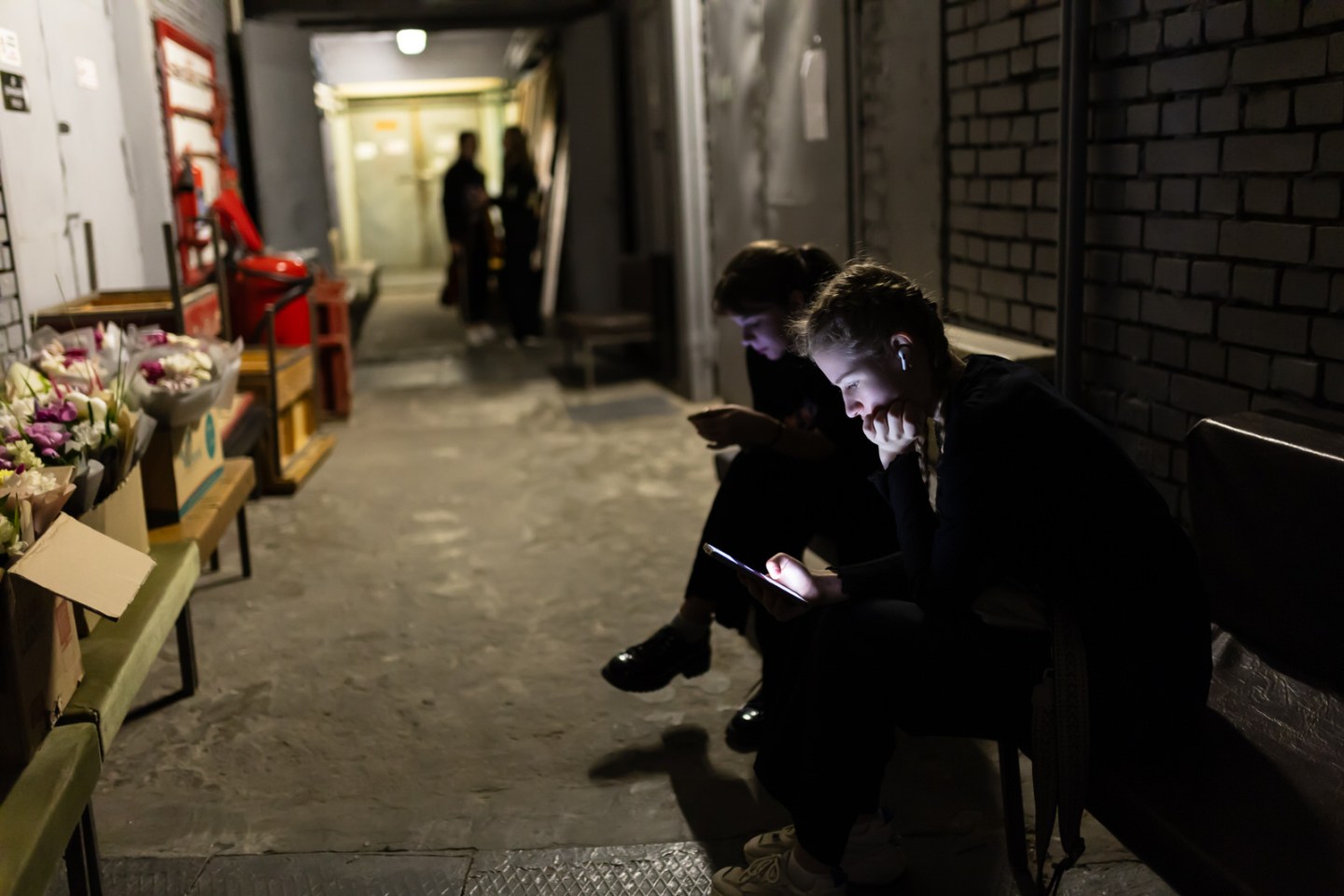
Over the last few weeks, some of them left Kharkiv with their families, but most of them stayed, so we decided to continue the project, as long as at least a few kids were willing to rehearse with us. (They were; they came to every rehearsal.) Usually the children tried to take the subway, the safest means of transportation, but for some that was impossible; despite all the danger, they arrived from faraway suburbs. Since many of them don’t have any in-person teaching anymore (school is all online now, and most other activities have been canceled), these rehearsals were the only opportunities they had to see each other in real life, to talk and make music together. Many of them were very tense, but during rehearsals it seemed like they were able to relax a little.
In brief interviews before our concert, they described dreaming that the war would soon be over, that they could return to their previous lives, that the world would open up to them and give them opportunities to develop.
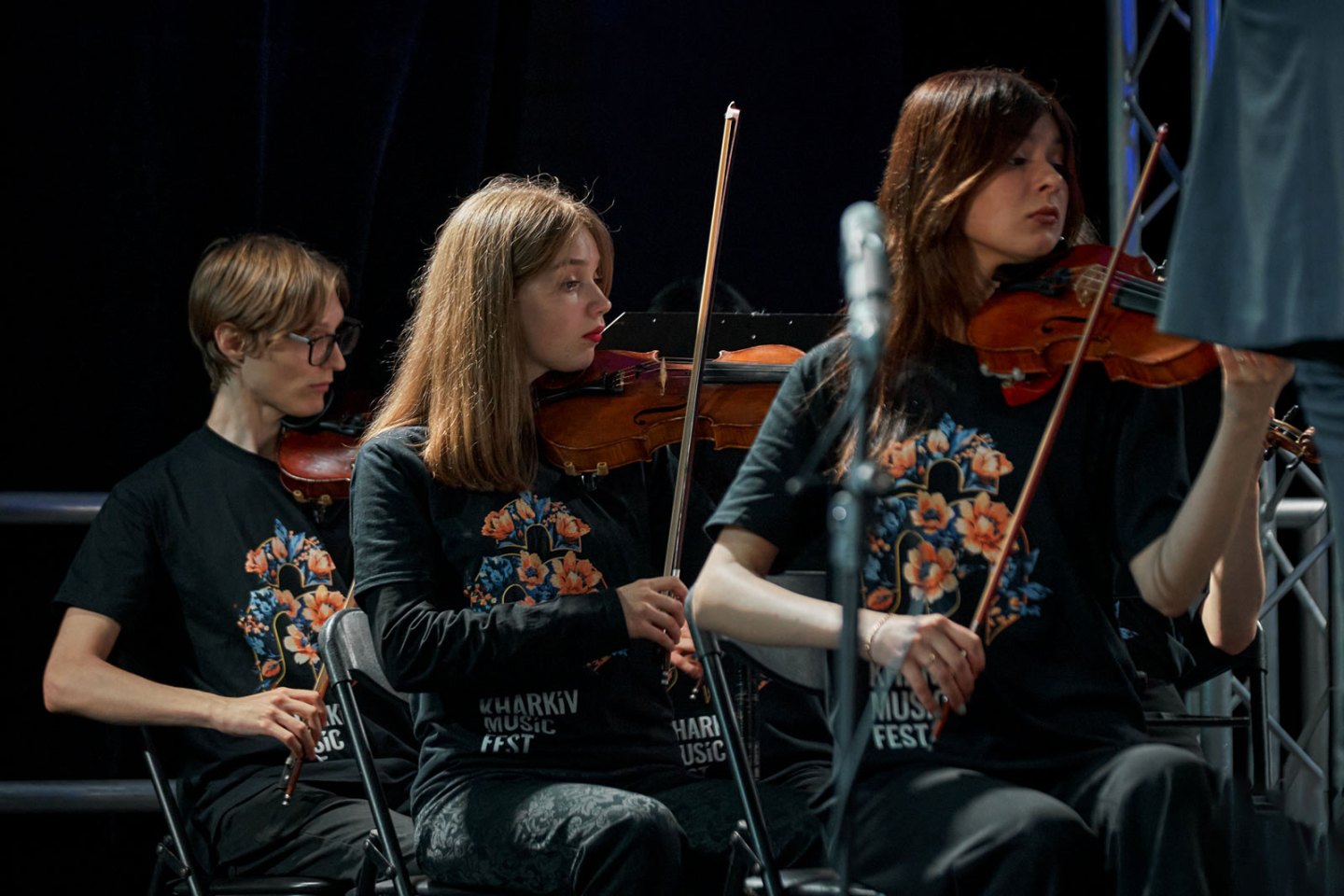
This concert was our way of showing that the most important thing we can do now is to keep Ukrainian culture, language, and land alive. To give this younger generation the chance at a better future. To support them for as long as the war lasts. ¶
Subscribers keep VAN running!
VAN is proud to be an independent classical music magazine thanks to our subscribers. For just over 10 cents a day, you can enjoy unlimited access to over 875 articles in our archives—and get new ones delivered straight to your inbox each week.
Not ready to commit to a full year?
You can test-drive VAN for one month for the price of a coffee.

